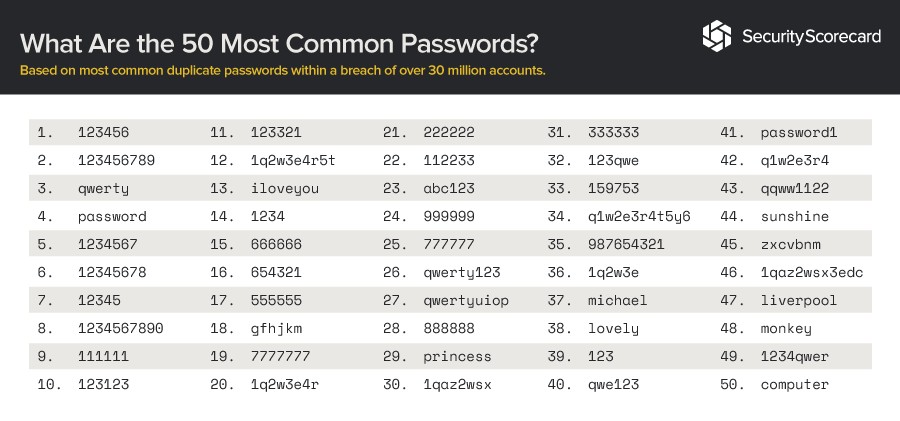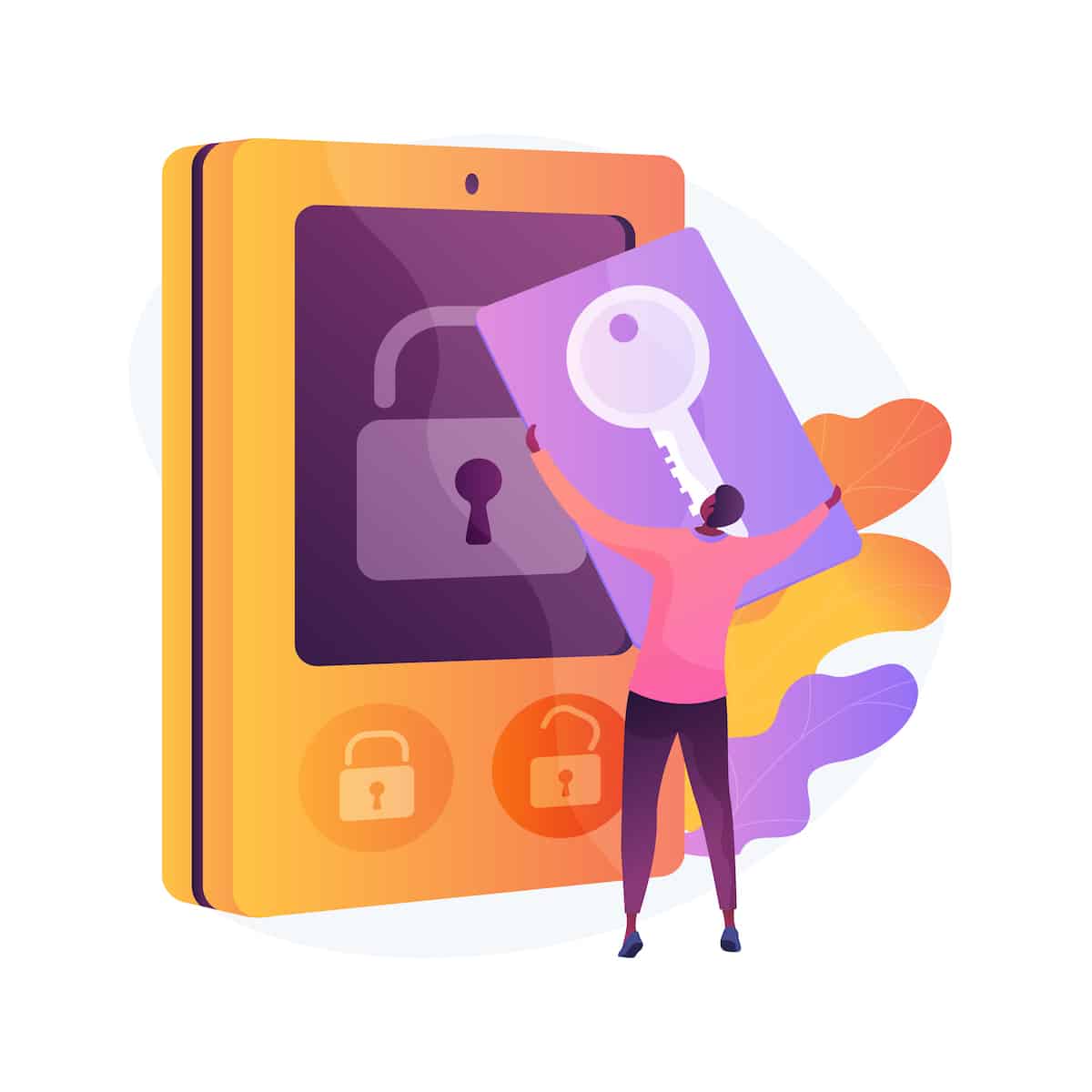In an age where our lives are increasingly connected to the digital world, password security has never been more crucial. From social media accounts to online banking, our passwords act as the first line of defense against potential threats and cyber-attacks. In this article , we dive into the significance of password security and the how secure is my password.
One cannot overstate the importance of password security. In essence, your passwords are the keys to your digital kingdom, the first barrier that cybercriminals encounter when trying to access your sensitive information. Strong, secure passwords can deter hackers, safeguarding your online identity, and preserving your data integrity.

FAQ
- Is it safe to use a password manager? Password managers can provide a secure solution for remembering and managing multiple complex passwords.
- How often should I change my passwords? Changing your passwords every three months is a good practice to reduce the risk of them being compromised.
- What is two-factor authentication? Two-factor authentication (2FA) adds an additional layer of security to your accounts, typically by combining something you know (your password) with something you have (like a mobile device to receive a unique code).
- Can my password be cracked? With enough time and resources, any password can be cracked. However, complex, unique passwords make this process significantly more challenging for cybercriminals.
- What is a passphrase? A passphrase is a sequence of words or other text used to control access to a computer system, program or data. A passphrase is similar to a password in usage, but is generally longer for added security.
Pros:
- Length: Generally, a secure password should be at least 8-12 characters long. The lengthier the password, the harder it is to crack.
- Complexity: Mix it up! Include upper and lower case letters, numbers, and special characters to enhance the complexity of your password.
- Unpredictability: Avoid using obvious information such as your name, birthdate, or common words. The less predictable your password, the better.
- Uniqueness: It’s essential to use a different password for every account. This way, if one password is compromised, your other accounts remain secure.
- Use of a Password Manager: Consider using a password manager, a secure vault that can generate and store complex passwords for you.
Cons:
- Simplicity: Simple, common words, or obvious patterns are easier for hackers to guess.
- Personal Information: Passwords that incorporate personal information can be easily cracked with a bit of social engineering.
- Reuse: Reusing passwords across multiple platforms exposes all these platforms if one is compromised.
Evaluating Your Password Security
Several online tools can assess your password’s strength. These password checkers analyze the complexity and length of your password, providing a rough estimation of its security level.
However, these tools are not foolproof and only provide a general assessment. You must never input your actual passwords into these tools, as you risk exposing them. Instead, try entering a password that shares similar characteristics to get an idea of its strength.
The Art of Creating a Secure Password
While crafting a secure password, consider using a phrase or a sentence that is memorable to you but difficult for others to guess. You can then take the first letter of each word to create a password, including numbers and special characters for added security.
Crafting secure passwords doesn’t need to be a daunting task. The trick is to find the right balance between complexity and memorability. As long as you follow the positive password features and avoid the negative ones, you’ll be well on your way to securing your online accounts.
Let’s delve into these aspects.
1. Complexity – The Key to Unpredictability
A secure password thrives on complexity. It’s a cocktail of uppercase and lowercase letters, numbers, and special symbols, making it harder to guess or crack.
2. Length – The Longer, the Better
Size matters in password security. A longer password equates to more potential combinations, making it more challenging for cybercriminals to decode.
3. Originality – Uniqueness is a Virtue
Avoid using predictable information, like birthdays, names, or common words. A unique password is more robust to decipher.
4. Variation – Don’t Put All Eggs in One Basket
Don’t reuse the same password across multiple accounts. If one account gets compromised, the others remain safe.
5. Regular Updates – Keep Changing
Change your passwords regularly to reduce the risk of your account being compromised.
Complexity isn’t a catch-all solution. Even complex passwords can be cracked with enough time and computational power.
Password security is an evolving battleground, with users and cybercriminals locked in a continuous struggle. While creating complex, unique passwords can seem tedious, the peace of mind they offer in securing your online accounts is irreplaceable. Balance is the key – balancing complexity with memorability, security with convenience, and change with familiarity.

